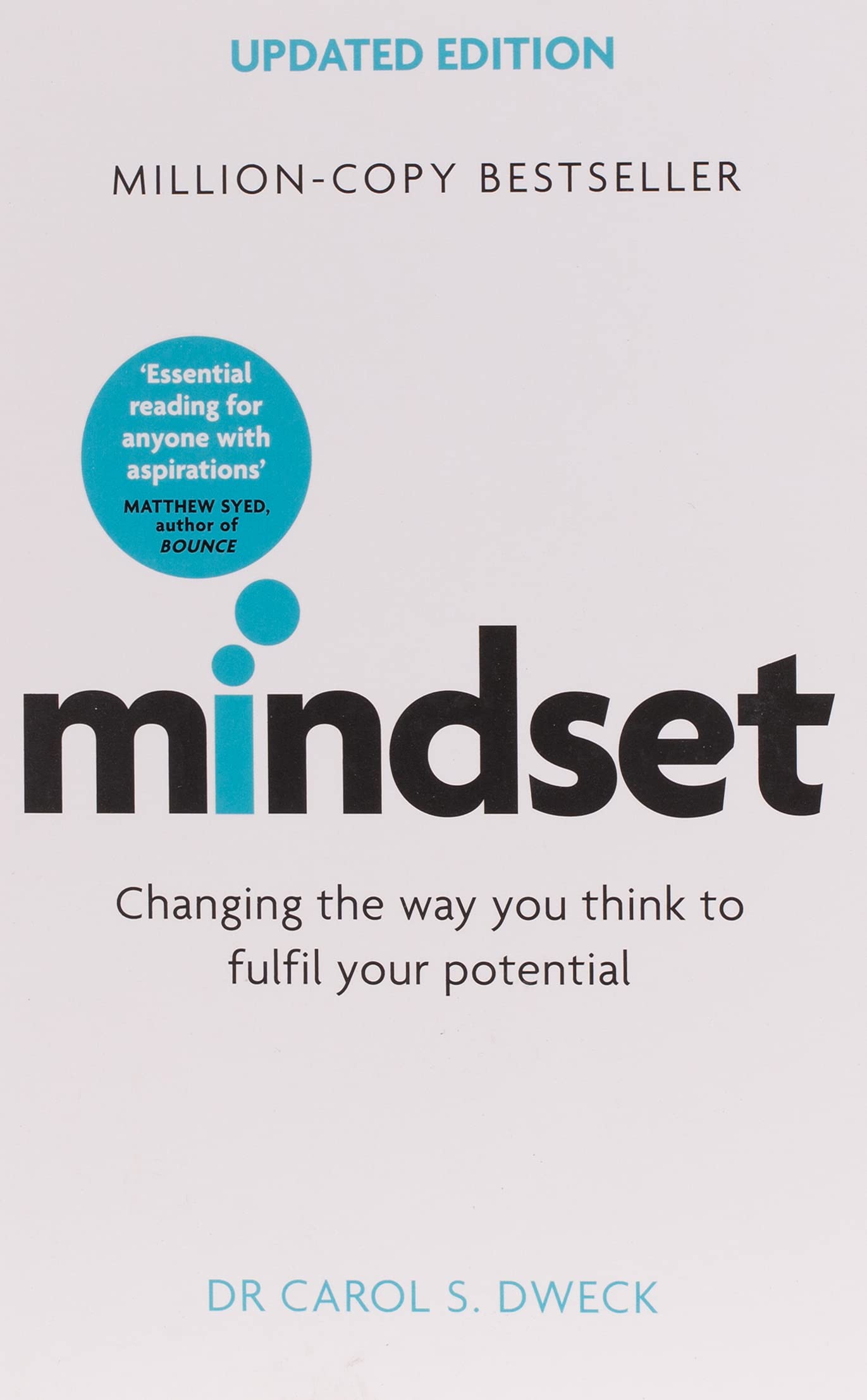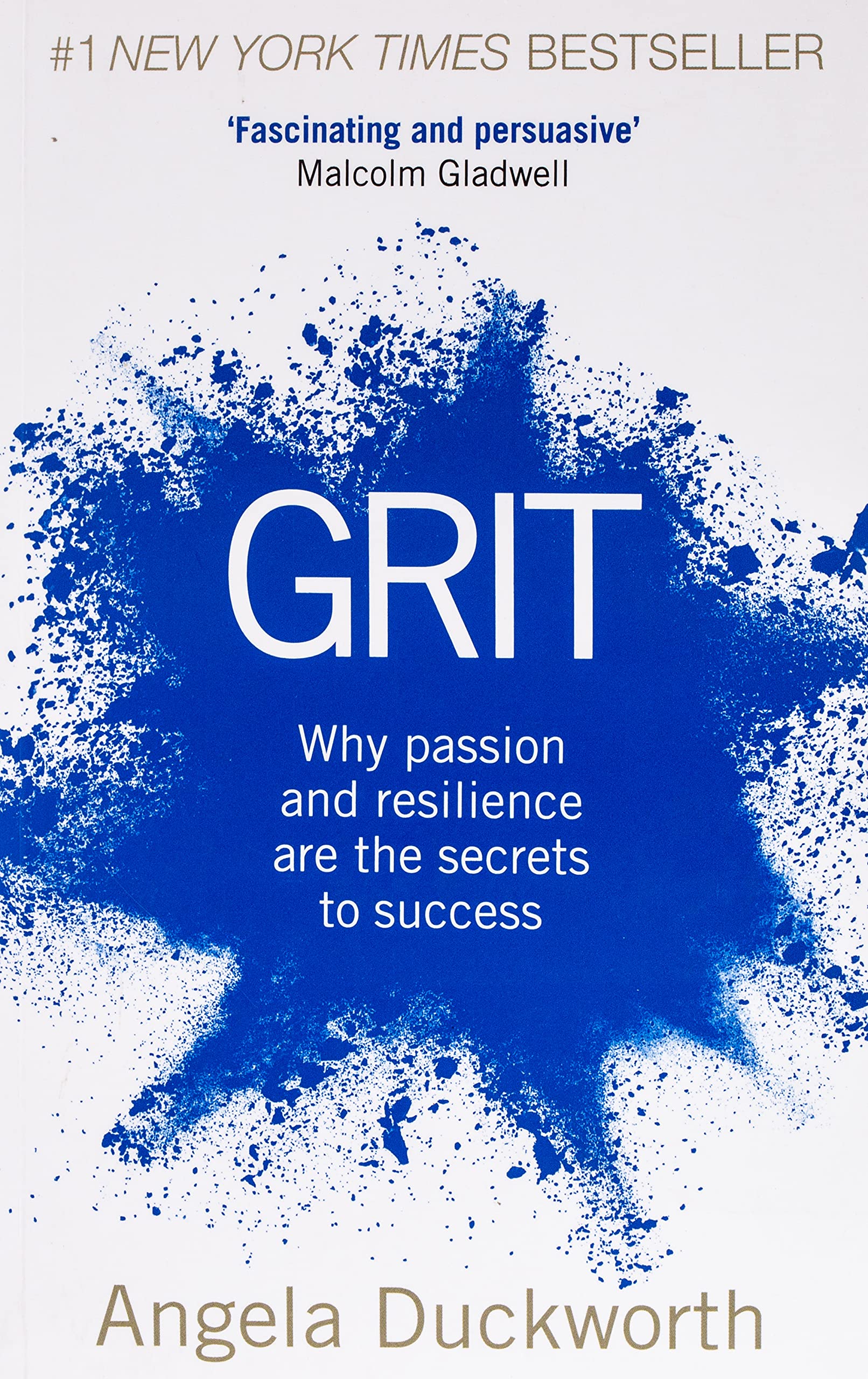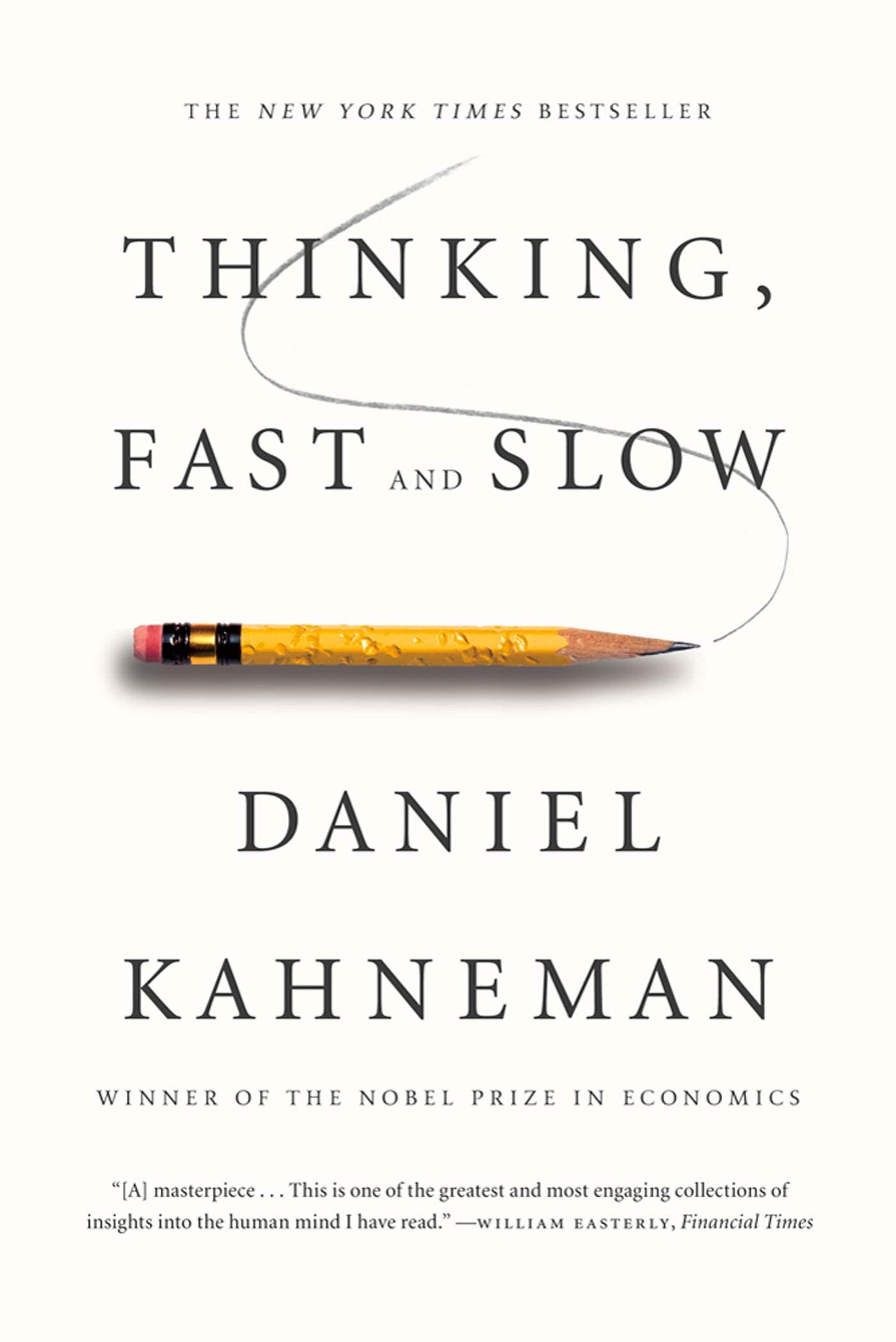Do you seek out difficult challenges or tasks that validate your abilities?

Mindset by Carol Dweck discusses research that describes one broad psychological concept that influences all parts of our lives. The central idea is that individuals can adopt one of two main mindsets that affects almost all our actions: a ‘fixed’ mindset or a ‘growth’ mindset.
- Individuals with a fixed mindset believe in innate talent and therefore tend to seek out challenges that will confirm their success in such skills. This permeates into all components of personality (not just occupational work/success).
- It is rooted in judgement and assessment: outcome-driven
- The growth mindset is rooted in the idea that all aspects of our mind undergo constant development and improvement. People with a growth mindset will keep working on a task even (or especially) if its hard and they’re struggling
- It is based upon improvement, irrespective of the absolute level of performance: process-driven
Cultivation of a growth mindset leads to greater long-term success and fulfilment in almost every studied group.
Some points:
- A fixed mindset can also lead to entitlement syndrome, as also discussed by Mark Manson
- Success and maintaining status quo is important because if someone with a fixed mindset fails then they lose identity
- In reality they are not a true dichotomy and each of us demonstrate features of both
- We can change our mindset (towards growth) by seeking out challenges beyond our comfort zone, working hard, seeking feedback, and embracing it
- Praising young children’s intelligence/traits led to them not seeking out difficult problems by being pushed into the fixed mindset
- Instead praise the effort or at least the specific task
- Saying that your company only wants talented people can encourage employees to seek out opportunities to appear talented and therefore cover up errors
- Leadership takes a growth mindset because you must accept that the people you work with can develop and improve, irrespective of their innate abilities
- In relationships, a fixed mindset suggests that: a) the right relationship should be good without needing work, and b) problems with a relationship suggests character flaws in the other person
- Success can push you into a fixed mindset (‘I got here because I’m good at xyz’), which then reduces the chance of continuing to improve and stay at the top
- This can make people stop doing what caused them to improve in the first place
The central concept of this book seems straightforward but also profoundly impactful and difficult to change in practice. It is also interesting to reflect on the relative importance of mindset vs. grit vs. introversion/extroversion and other ‘global’ psychological traits. Clearly they are interrelated and different descriptions will resonate with different people.
More books like this:
Useful links:




